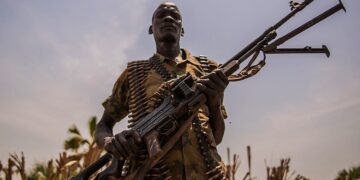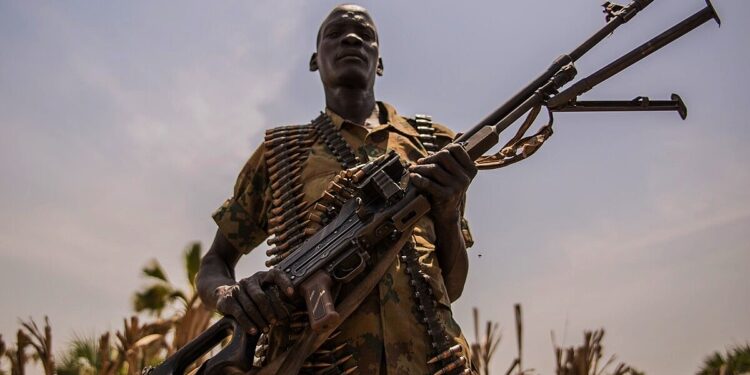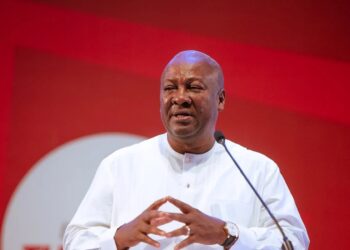By John Ikani
The United Nations Security Council (UNSC), has agreed to extend the existing sanctions and arms embargo against Sudan for another year.
The council consists of 15 members, who voted to extend the mandate of the expert panel responsible for monitoring and enforcing the sanctions and embargo.
The renewal of the mandate will be effective until March 12th of next year.
While 13 countries voted in favour of the motion, Russia and China abstained from voting.
China’s representative, Dai Bing, argued that the sanctions were outdated and no longer necessary.
Bing stated that the situation on the ground had improved and therefore, the sanctions should be lifted.
Russia’s representative, Dmitry Polyanskiy, criticised the sanctions regime, claiming that it did not accurately reflect the situation in Darfur.
Polyanskiy argued that the sanctions were impeding the Sudanese government’s state-building and socioeconomic development.
The United States representative, John Kelley, supported a continuation of monitoring and reporting.
He acknowledged the progress made on benchmarks set by the Juba peace deal signed in 2020.
Kelley believes that achieving these benchmarks will help Sudan move towards peace and prosperity, which is what its people deserve.
What you should know
The embargo and sanctions (which take the form of assets freeze and travel bans on certain individuals) are crucial to curtailing the flow of weapons that have been used to commit or facilitate war crimes, human rights violations and abuses including conflict-related sexual violence.
The world’s youngest country has experienced pervasive insecurity since seceding from Sudan in 2011.
The 2013-2018 war left nearly 400,000 dead and millions displaced
Sudan has been in turmoil since 2021, when the military junta led by Gen. Abdel Fattah al-Burhan, overthrew the civilian-led transitional government.
The coup halted the transition to civilian rule that had begun after the ousting of long-time leader Omar al-Bashir in 2019.




































